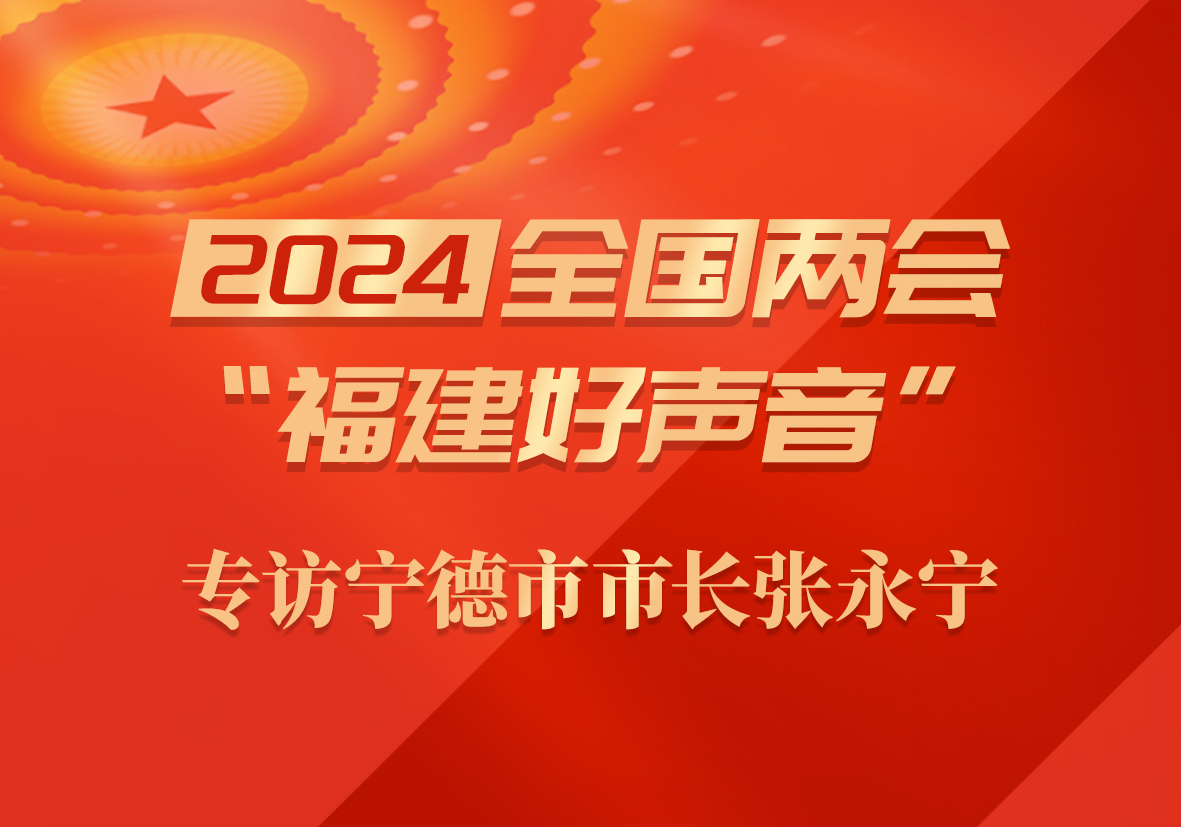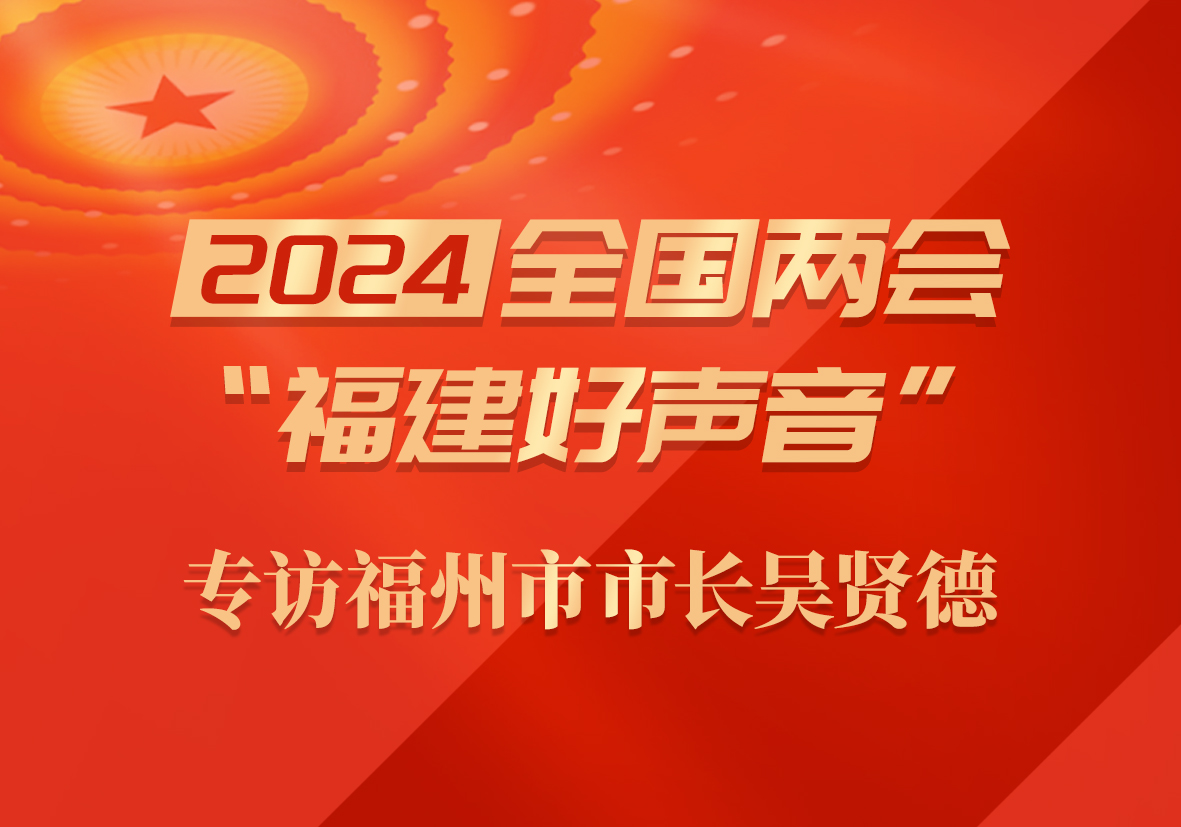 当前位置:
首页 >
当前位置:
首页 >
The Application and Future of AI in the Medical Field
Recently, multiple hospitals announced that they are implementing AI in medical diagnosis and treatment scenarios. What changes will AI technology bring to the medical field? Can an 'AI doctor' diagnose and treat patients?
Not long ago, the nation's first 'AI pediatrician' was officially launched at the National Children's Medical Center, Beijing Children's Hospital. This 'pediatrician' in the virtual world has two main roles.
One is to serve as a clinical research assistant for experts, helping doctors quickly access the latest research findings and authoritative guidelines. The other is to assist doctors in diagnosing and treating rare and complex diseases.
On the 20th of this month, several well - known experts in white coats and the 'AI pediatrician' under the operation of engineers in black work uniforms jointly conducted multi - disciplinary consultations for 10 children with complex diseases.
While the experts were discussing, on one side of the table, engineers input the patients' medical records into the large - scale model, and the 'AI pediatrician' also proposed a treatment plan: surgery plus chemotherapy.
It was observed that in the diagnosis of 10 children, the suggestions given by the AI pediatrician were highly consistent with the results of the expert group's consultation. Sometimes, the AI pediatrician would also add special tips to the treatment plan based on a single indicator in the patient's case report.
Different from general AI large - scale models, large - scale models in the medical field require more accurate and multi - dimensional data. Therefore, the National Children's Medical Center integrated the clinical experience of over 300 experts and decades of high - quality medical record data into the large - scale model to make the 'AI pediatrician' more professional and accurate.
The director of the National Children's Medical Center and the president of Beijing Children's Hospital said: 'When we developed the pediatric AI doctor, we initially proposed the 'dual - doctor system'. All our results are mutually reminded with AI. AI is an assistant and a friend to the entire medical team.'
Another function of artificial intelligence in the medical field is prediction, which is like an additional'measuring tool' for medical examinations. At Peking Union Medical College Hospital, staff are conducting a three - dimensional gait assessment for Ms. Chen.
Since last year, Ms. Chen has experienced tremors and stiffness in her left limb and has had increasing difficulty walking. Doctors suspect she has a neurological disease. A high - speed camera recorded Ms. Chen's movement process, which was then evaluated by an artificial intelligence system.
For a long time, there have been differences in the evaluation results of neurological diseases among different doctors in clinical practice, leading to potential misdiagnosis and missed diagnosis. The 'Key Technology of Intelligent Human - Machine Interaction for Early Warning of Neurological Diseases' helps in the early diagnosis of neurological diseases such as Alzheimer's and Parkinson's through a multi - dimensional evaluation system.
A neurologist at Peking Union Medical College Hospital said: 'This patient scored 63 points, which may indicate the early stage of cognitive impairment.'
So far, this system has completed more than 100,000 neurological function tests, providing a reference for accurate clinical diagnosis and treatment.
The director of the neurology department at Peking Union Medical College Hospital said: 'For example, if I saw a Parkinson's patient a year ago, I can't remember what he looked like in front of me a year ago because I don't have a quantitative value. But the machine remembers. It is very useful as a long - term follow - up measurement tool.'
In the field of rehabilitation medicine, artificial intelligence technology has been applied in many aspects. In Hangzhou, an exoskeleton robot is helping disabled people with rehabilitation training. When Duoduo was 17, an accidental fall left her paralyzed in both lower limbs. After rehabilitation training, Duoduo's condition has been improving day by day.
The fields of psychological counseling and psychological education are also integrating with artificial intelligence. The 'Beiliu 6' robot from Peking University Sixth Hospital has been deployed in many places. It can have several rounds of AI conversations with users, determine the problems users have in areas such as cognition, emotion, behavior, and interpersonal relationships, evaluate the severity of the problems, and give corresponding suggestions or prompt users to go to the hospital's psychiatry department for further treatment.
In some schools, AI is helping teachers become closer to students. At the Beijing Hongzhi Middle School's student psychological counseling station, there are two 'Heart - to - Heart Huts' that don't require appointments. The AI large - scale model inside has learned from nearly 400,000 psychological journal articles and 1 million psychological counseling dialogue cases from hospitals and professional institutions, helping students to express their innermost thoughts.
A psychological teacher at Beijing Hongzhi Middle School said: 'Students can enter their own accounts and passwords, so their privacy is protected. Children can freely express their feelings.'
Lianhua Town Central Primary School in Xiangjiang New Area, Changsha, Hunan is a rural primary school. Among its more than 1,200 students, many are left - behind children. Psychological teachers can dynamically monitor students' psychological changes through the interaction between students and AI.
The principal of Lianhua Town Central Primary School said: 'It can effectively solve the shortage of mental health teachers in many rural schools.'
In November last year, three departments including the National Health Commission issued the 'Reference Guide for Artificial Intelligence Application Scenarios in the Health Industry', listing 84 typical application scenarios.
The frequently - used words are 'intelligent' and 'assist'. 'Intelligent' reflects the technical value of AI, while 'assist' emphasizes the instrumental role of AI in the medical field.
Some doctors said that AI can assist in some medical scenarios and processes. However, doctors' comprehensive judgment of complex conditions, accumulated experience, and in - person humanistic care cannot be replaced by AI.
The executive director of the Children's Health Research Institute at Chenzhou Children's Hospital in Hunan said: 'It can summarize all currently published literature, so we can provide suitable diagnostic plans for patients.'
The vice - president of Sichuan Provincial People's Hospital said: 'Patients only need to open our hospital's WeChat official account and ask questions like 'What should I do if I have a stomachache?' or 'Which department should I go to if I have a headache?' AI can quickly give considerate suggestions and medical guidance.'
The head nurse of the Spinal and Joint Surgery and Rehabilitation Medicine Department at the Second People's Hospital of Huaihua, Hunan said: 'Some automated tasks, such as intelligent medical guidance and drug distribution, which are repetitive and mechanical nursing tasks, are being replaced by automated systems. However, we also need to be particularly vigilant about nursing ethics, nursing data security, and patient privacy protection.'
The director of the Rare Disease Medicine Department at Peking Union Medical College Hospital said: 'There is a term called 'AI hallucination'. We need to distinguish whether the information we get is true or false because it is also based on the analysis of massive data. There may be some false information mixed in the massive data. Moreover, we are not cold machines, and we need to make more human - centered decisions.'




